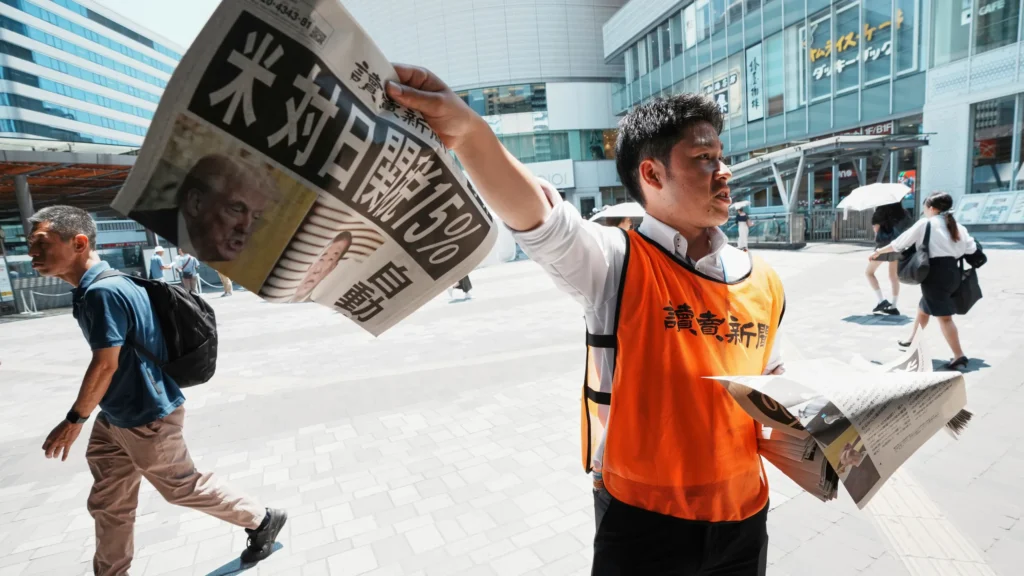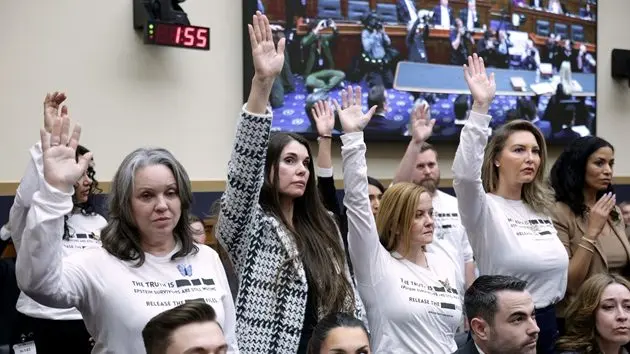Trump Lowers Japan Tariff to 15% in New Trade Deal

Trump Announces Japan Trade Deal, Cuts Tariff to 15%
President Donald Trump has confirmed a new trade framework with Japan, reducing the proposed 25% tariff on Japanese goods to 15%. The announcement, made Tuesday, aims to strengthen U.S.-Japan relations while boosting domestic jobs and investment.
Trump said the deal would bring $550 billion in Japanese investment into the U.S. and open Japan’s market to American-made rice and automobiles. “This Deal will create hundreds of thousands of jobs,” Trump posted on Truth Social, calling it historic.
Japanese Prime Minister Shigeru Ishiba welcomed the agreement on Wednesday, stating it would benefit both nations and improve international cooperation.
While some policy details remain unclear—such as whether the 25% tariff on Japanese-built cars still applies—the move reflects Trump’s broader strategy of using tariffs as leverage in global negotiations.
The White House claims the reduced tariff will encourage factories to relocate to the U.S., lower the trade deficit, and support American manufacturing. However, economists caution that higher costs could be passed on to consumers.
General Motors recently reported a 35% drop in quarterly income, citing tariff concerns as a key factor.
This deal is part of a wider trade push. Alongside Japan, Trump announced a 19% tariff on goods from the Philippines and reaffirmed a similar rate on imports from Indonesia. U.S. exports to both nations will not face tariffs.
According to the U.S. Census Bureau, the country recorded a $69.4 billion goods trade deficit with Japan in 2024. The deficits with Indonesia and the Philippines stood at $17.9 billion and $4.9 billion, respectively.
With the Aug. 1 deadline looming, Trump has also warned the European Union of potential 30% tariffs if no agreement is reached. Trade talks with EU leaders are expected to begin this week in Washington.
Meanwhile, a separate round of negotiations with China will continue through August 12. Treasury Secretary Scott Bessent is scheduled to meet with Chinese officials in Stockholm. He said the goal is to rebalance trade by shifting China toward higher consumer spending while boosting U.S. manufacturing.
“President Trump is transforming the U.S. into a manufacturing-driven economy,” Bessent said on Fox Business.
Source: AP News
: 316







